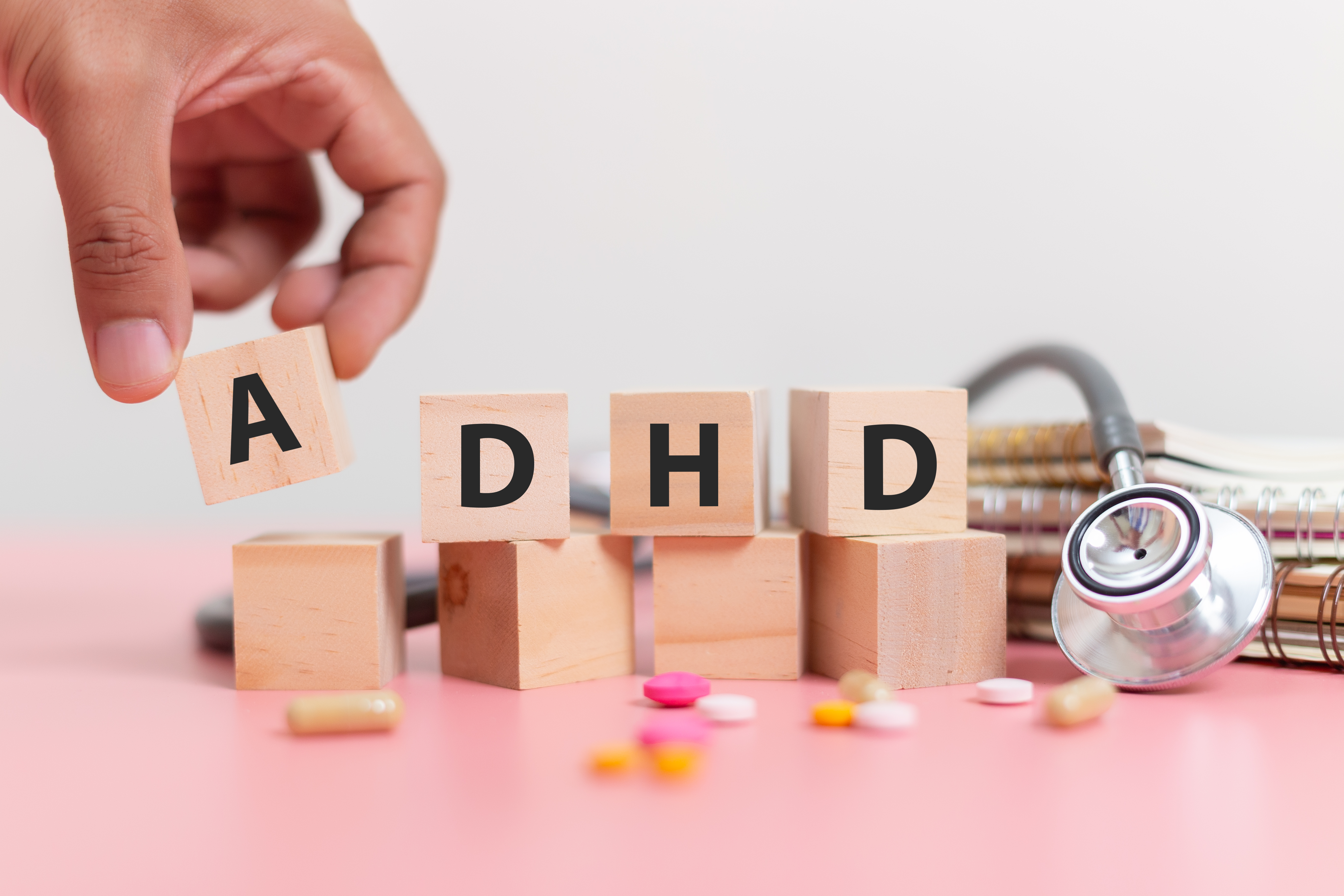Medications That Could Be Contributing to Your Weight Gain
15. Anticonvulsants: More Than Just Seizure Control

Certain anticonvulsant medications, such as pregabalin (Lyrica) and gabapentin (Neurontin), are prescribed for epilepsy, nerve pain, and fibromyalgia. However, these medications are known to cause weight gain by increasing appetite, fluid retention, and altering metabolism. Additionally, they can cause fatigue and drowsiness, making exercise and daily activity more difficult. This can create a cycle where reduced movement leads to gradual weight gain. What to Do: If you notice weight gain, talk to your doctor about dose adjustments or alternative medications. Focusing on protein-rich meals and gentle physical activity can also help mitigate these effects.
16. ADHD Medications: Rebound Weight Gain

Stimulant medications like Adderall, Ritalin, and Vyvanse are well-known for suppressing appetite in people with ADHD. While this can initially lead to weight loss, many people experience rebound weight gain when they stop taking these medications or when their bodies adjust to the dosage. Some individuals also find that ADHD medications impact hunger cues, leading to periods of under-eating followed by intense cravings once the medication wears off. What to Do: Work with your doctor to monitor dosage carefully and focus on balanced, nutrient-dense meals to prevent extreme hunger fluctuations. If coming off ADHD medication, adjust food intake gradually rather than abruptly.
